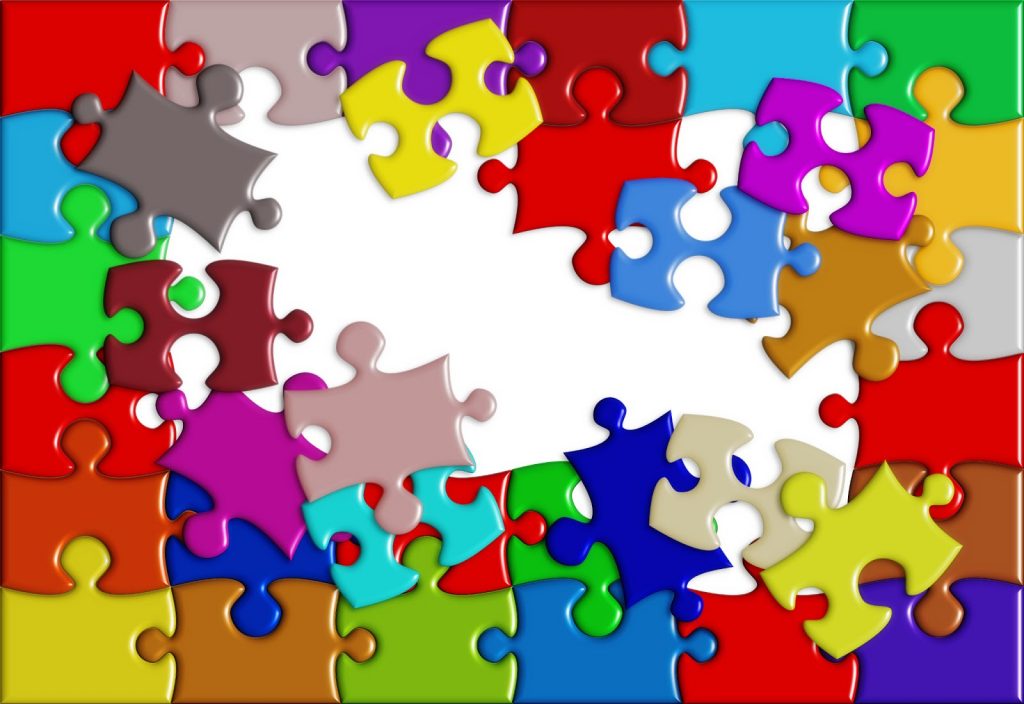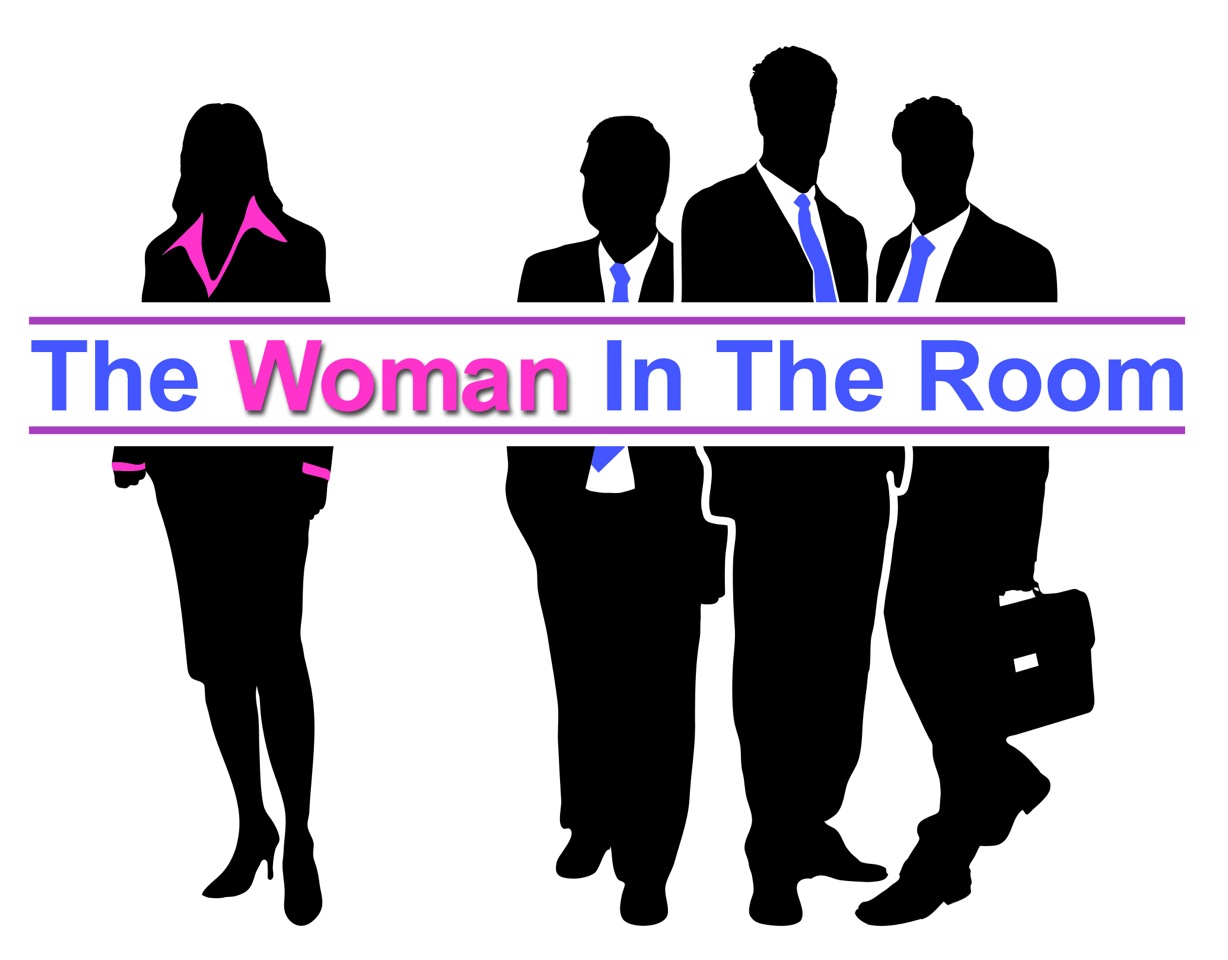
While listening to my local news, I heard a commercial teaser for the national news say “Teachers and school nurses quit rather than return to school.”
The next commercial came from my local power company. It showed men working and taking safety precautions for Covid-19. The commercial touted how these men have to be out there. Their work is essential. They have to get it done.
The contrast between the two commercials was stark.
The women said “We can’t, we can’t” accompanied by signs that read “I don’t want to die.”
The men, who work in an inherently dangerous job said, “We can and we will.”
I was immediately reminded of the stereotypes.
Men are brave, daring, risk takers who get things done. Women are caring, compassionate and driven by emotion. Our emotions make us weak and fearful and lead us to becoming irrational and hysterical.
The news station then did it’s best to reinforce the stereotypes. It told dramatic stories of mothers who are afraid to send their children back to school for fear they might “get sick” (with no symptoms) or become “transmitters” (nice way of saying “silent killers.”)
Now of course the media reported that there is science, data and facts to help alleviate women’s fears. But, though unsaid, it is obvious women are too emotional to comprehend mathematical, rational, analytical thinking. This is why women cry out for “the Experts” (who happen to be men) to tell us what to do.
Right?
No.
This is just how society conditions us to think about ourselves.
Now this may be breaking new to some – especially those in the media industry – but women are quite capable of thinking and solving problems. I would venture to say that women are even far, far, far better than men at solving complex problems because we think about how this has to work with that, and that has to fit into this but then there is also this other thing we have to consider.
In other words, women are really good at thinking about all of the pieces and parts that are needed to solve a problem. We are also really good at fitting all of them together to create a complete solution.

However, women aren’t taught to recognize this ability. Instead we are taught that men and their brains are superior to ours in problem solving.
So, when women see men and especially “the Experts” get stumped by a
complex problem, we believe that of course our poor little emotionally driven brains can’t handle it either.
This belief then conditions us to respond to complex problems with “I can’t, I can’t, I can’t.”
But we can.
Throughout my career I’ve seen women – irrespective of their education or role – “help men” figure out how to assemble all the pieces and parts of a complex problem to come up with a solution. And it made me question:
Who is the real leader in this situation?
Who is the more valuable person?
So, it’s time for women to break free of our conditioning and recognize that our abilities give us leadership qualities. But to do this, we must also adopt the same attitude as men.
Men are successful because of their “can-do, will-do” attitude where failure is not an option and they have to get it done. Period. No excuses.

When women adopt this attitude we change our perspective. We are forced to stop saying “I can’t, I can’t.” Instead, we let our brains go work, as only the female brain can. We begin to say , “Bring it on….Because…Yes, we can!”
But more importantly, we experience the challenge of problem-solving and the joy and sense of achievement that comes from creating a solution that works.
“Wherever women gather, failure is impossible” – Susan B. Anthony
Empowered Women Say “I Can”


Great observations! I truly appreciate your articles and videos – they taught me a lot, changed my perspective and behaviors. Thank you <3